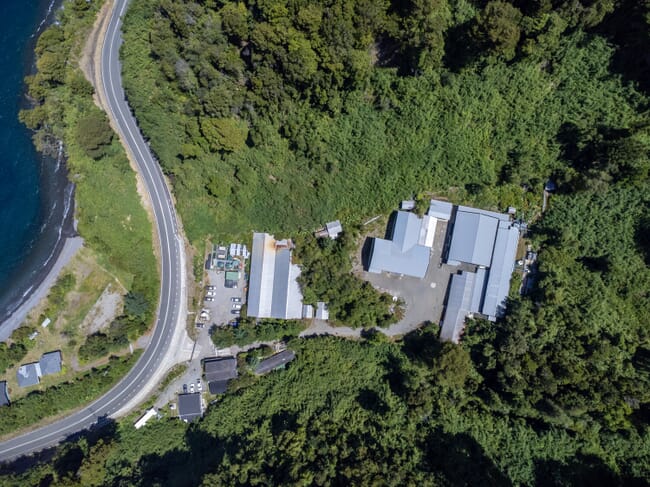
© Benchmark
The certification is only given to aquaculture farms that can demonstrate an active surveillance system, with strict biosecurity measures enforced where the animals are free of certain listed diseases. The farms must have firm management practices to keep the animals healthy and safe from diseases to get the certification.
CEO of Benchmark Holdings, Trond Williksen, said in a press release: "We are very proud to celebrate this milestone reached by Benchmark Genetics Chile. This is the most demanding standard in the world regarding biosecurity and demonstrates the unparalleled sanitary condition of our facilities in the country".
Jan-Emil Johannessen, head of Benchmark Genetics, added: "This certification is very relevant as we now have the same health and biosecurity standards in Chile as in Iceland. Biosecure operations are an important differentiation factor for Benchmark and reduce the risk related to egg supply for our customers. Additionally, our Chilean production can now be considered a source of biosecure eggs for salmon farmers worldwide".
Prior to this, there were only been four certified salmonid compartments in the world: two in Canada, one in Iceland (also belonging to Benchmark Genetics) and one in Chile (AquaChile).
The national director of Sernapesca, María Soledad Tapia, said: "For the national authority and the country, it is positive to be part of this process where companies achieve this level of certification. Compartmentalisation, in very simple words, means that fish farms take extraordinary biosecurity measures to grow disease-free fish. This sounds so simple, but in practice, it is not. A large epidemiological surveillance program is required to ensure that there are no pathogens. It is a high standard, and as a government, we aim precisely to raise all standards, with an important focus on the operation of the aquaculture industry".



